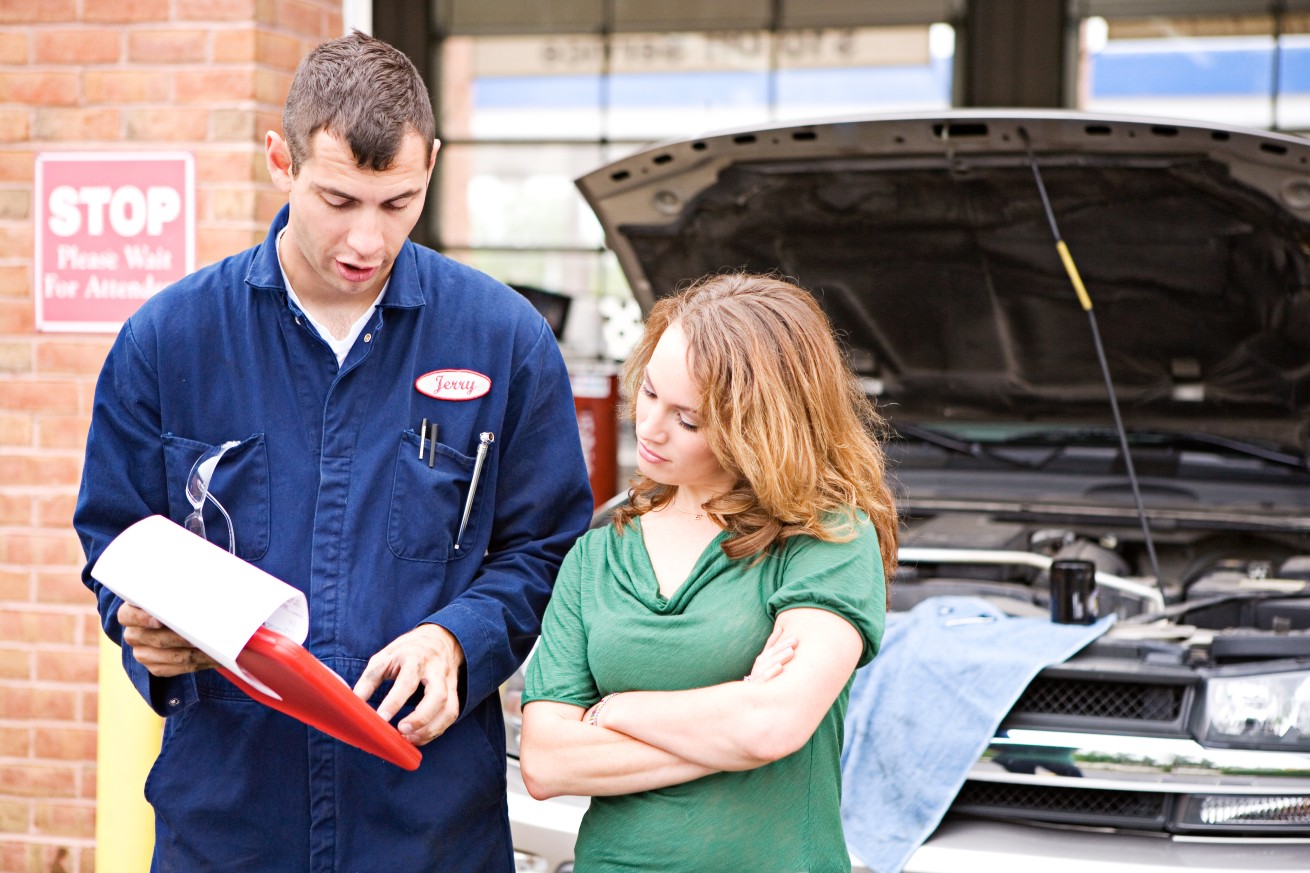Government must act to curb rocketing car repair costs, professors argue
Draft federal legislation drawn up to encourage competition in auto industry

Car repairs undertaken by auto dealerships are rising strongly, becoming unaffordable for many car owners. To counter this problem, government action is needed to create more competition in the industry and thereby ensure more competitive prices.
Legal action also is needed to counter the rising costs resulting from design patents for exterior car parts that also are restricting competition.
Read More »Software codes
Prof. Aaron Perzanowski of Michigan Law School argues that dealerships have a hold on diagnostic codes, vehicle data, and other information necessary for repairs. Independent repair shops—who charge a third less for repairs—are unable to obtain access to this information.
The problem is becoming greater as more and more modern cars are incorporating electronic sensors, software codes, and telematics systems into cars, Perzanowski explains. The result is that dealerships are preventing real competition in the industry, forcing consumers to pay sharply higher prices for repairs.
Design patents
Prof. Joshua Sarnoff of DePaul University College of Law contends that car owners are paying an additional $1.5 billion a year in extra costs when they have their vehicles repaired after collisions.
The reason lies in design patents on parts for the exteriors of cars that limit the supply of third-party repair parts and independent repair services, which not only increase costs but also limit the use of quality alternative parts.
Unless legal action is taken consumers will be forced to pay higher and higher prices, Sarnoff argues.
Unaffordable for most
The prices on car repairs are being driven higher at a time when most Americans cannot afford them, says Justin Rzepka, executive director of the CAR Coalition, a group of independent repair and management companies and insurers.
The coalition says it is dedicated to maintaining vehicle repair prices that are affordable by offering consumers the right to choose.
Research undertaken by the law professors illustrates the effect that repair restrictions have on the prices that consumers have to pay, Rzepka says. As technology expands, policy relating to these issues must expand as well, he adds.
Congress should take action now to provide solutions. In that way, car owners will have choices when it comes to safe, quality, and affordable car repairs. They also will have more control in regards to their data, Rzepka adds.
Two draft acts
Here are excerpts from the two white papers drawn up by the two law professors.
The REPAIR (the Right to Equitable and Professional Auto Industry Repair) Act is written by Professor Perzanowski. It includes these statements:
• Dealerships charge car owners 36% more for repairs when compared with independent repair shops.
• Dealerships are able to cut down on competition and boost the cost of repairs to vehicles by preventing car owners and independent repair shops from gaining access to vital data.
• The REPAIR Act offers a solution that is forward looking and sensible. It protects car owners’ rights. It also works in support of a repair industry that would be robust when it comes to competition.
• The Act establishes an all-inclusive federal structure that asserts consumers’ rights, encourages competition in the car repair market, and will ensure security and safety.
The full paper can be read here.
The SMART (Save Money on Auto Repair Transportation) Act has been written by Prof. Joshua Sarnoff of DePaul University College of Law.
Here are statements from his paper:
• Original equipment manufacturers (OEMs) are increasingly resorting to using design patent rights to prevent competition, to boost prices to car owners, and to endanger the viability of the aftermarket for exterior car repair parts.
• If the legislature fails to adopt the SMART Act, American car owners will continue to pay more than $1.5 billion a year in extra costs when their cars are repaired after collisions.
The percentage of cars that are totaled is growing for all ages of cars, although it is higher for older vehicles. As a result, car owners are left without the transportation that they need.
The change to design patent rights continues to affect the industry, which employs more than 40,000 people in body shops across the country.
• The Act provides a targeted, although limited, compromise remedy for the restrictions placed on consumer repair rights as a result of design patents on automobile repair parts.
The full paper can be read here.





